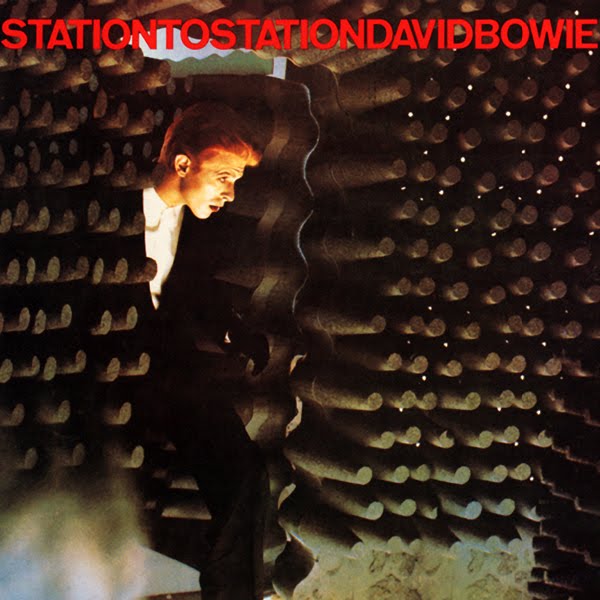

But the decision to ban Space Oddity was more nuanced. The BBC had a long history of banning songs it thought inappropriate – in the Sixties the Beeb had whisked songs as diverse as The Kinks’ Lola (product naming) and the Monster Mash (too morbid) from the airwaves. No-one gave the memo to the team handling the Apollo coverage for BBC TV, who played the song as background music. With Neil Armstrong, Buzz Aldrin and Michael Collins contemplating the enormity of the mission before them, Bowie’s psychedelic downer might have been in poor taste. But the BBC, instrumental in turning pop singles into hit singles, were uncomfortable. Sensing a hit in the making, Bowie’s record company, Philips, launched the song just days ahead of Apollo 11’s own blast-off. “And that’s what a lot of science fiction writers were also doing at the same time.”Īpollo 11 was impossible to ignore – some commentators regard it as the first rolling news story, audiences tuning in again and again for the latest update. “Bowie was trying to say… amid all this fantastic stuff there are dark sides,” says Jason Heller, the author of the book Strange Stars, a book which explores pop music’s fascination with science fiction. Ground Control can do nothing to save him as he spins into the inky darkness. The song is a bleak tale of an astronaut – Major Tom – getting into difficulties on his mysterious mission to the stars. But Space Oddity was not an ode to success. The consensus was that America’s technological might and will to succeed would prevail. Space Oddity was a dark and downbeat tale amid the industrial triumphalism of the Apollo programme. “I was out of my gourd anyway, I was very stoned when I went to see it, several times, and it was really a revelation to me,” said Bowie in a 2003 interview with Performing Songwriter. As the Apollo programme stepped up through the gears, Stanley Kubrick released 2001: A Space Odyssey, the thought-provoking science fiction epic based on Arthur C Clarke’s novel.īowie loved the film, and it was clearly a huge influence on the song he had written, and not just for its punning title. The race to the Moon had dominated news headlines since President John F Kennedy unveiled it in 1961. And a fledgling singer-songwriter –with only one mildly successful album behind him, and almost unknown outside the UK – releases a song that taps in to the space-race fever that has been bubbling away to boiling point.ĭavid Bowie’s Space Oddity took its inspiration from both fact and fiction. The Rolling Stones have, only days before, played to a quarter of a million people at Hyde Park. The Beatles are in a certain St John’s Wood studio, recording the album Abbey Road. In the US, Nasa is counting down the days until the launch of Apollo 11, the mission intended to land the first humans to set foot on the Moon.įive days before the planned launch date, Florida’s Kennedy Space Center is a hive of activity the rest of the world waits with anticipation.įar away from the launch pads and the looming shape of the Saturn V rocket, London is in the grip of the tail-end of the Swinging Sixties.
#International space station david bowie how to#
Sir David replied: 'I'd just sit and watch the Earth go by - it's a perspective I've never had.'ĭuring his time on the Space Station, Hadfield has also posted videos on how to throw up in space, how astronauts brush their teet, and how to make a peanut butter sandwich.It is July 1969. The astronaut asked: 'If you had an evening to spend here on the space station, how would you spend it?' In February he sent a message from space to veteran wildlife broadcaster Sir David Attenborough. The song won the 1969 Ivor Novello Award for Originality.īefore going into orbit, Commander Hadfield said playing music was important in taking care of the 'psychological side' of living in space. The album was originally called David Bowie, but was changed to Space Oddity in 1972 upon its re-release. The original Space Oddity was released in 1969, taken from the album of the same name. 'Planet earth IS blue, and there's nothing left for Chris Hadfield to do. The song won the 1969 Ivor Novello Award for Originality The album was originally called David Bowie, yet when it was re-released in 1972 it was renamed Space Oddity because of the popularity of the single. David Bowie released the original Space Oddity song in 1969, taken from the album of the same name.


 0 kommentar(er)
0 kommentar(er)
